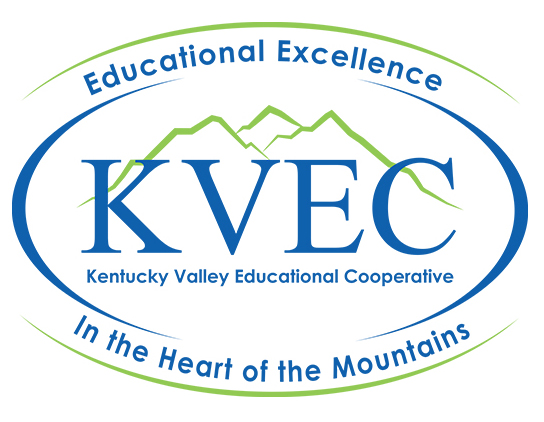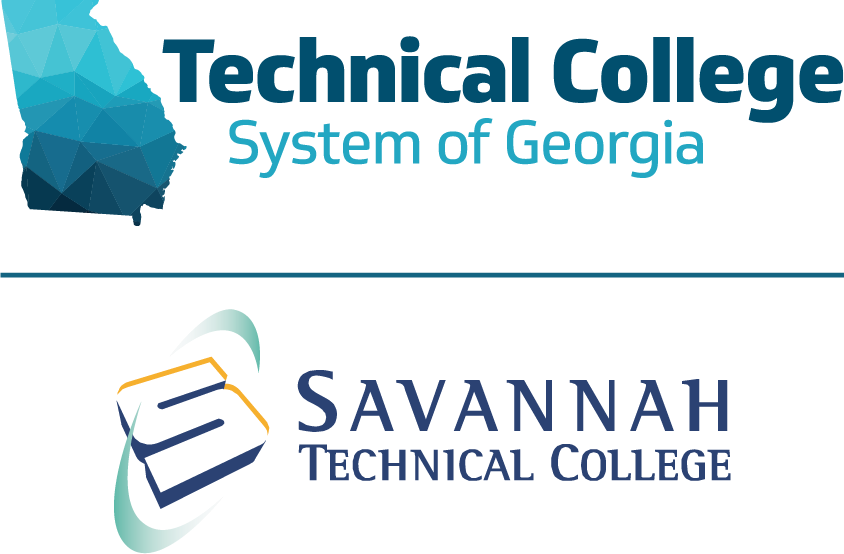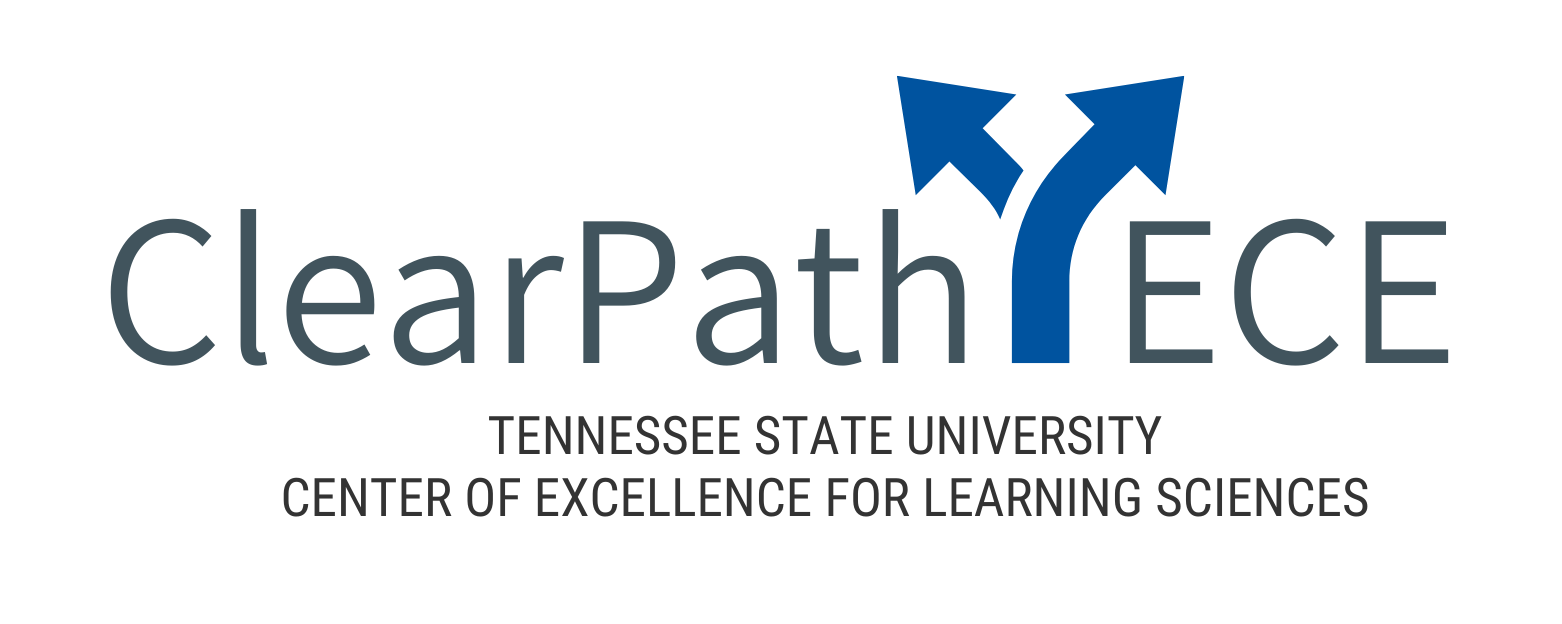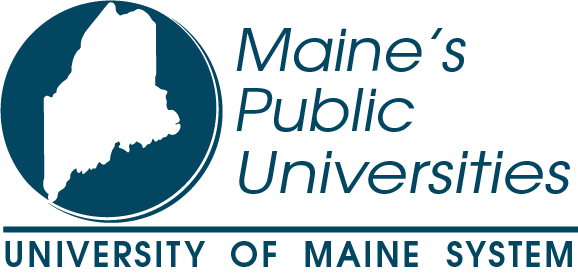
March 29, 2022 | By Sarah Cacicio
These innovative institutions are:
While most programs are still in pilot stages, preliminary research shows that micro-credentials can—and in some cases, do—lead to job promotions, higher wages, and increased self-confidence for rural learners.
 The Kentucky Valley Education Cooperative (KVEC) provides free, competency-based flexible, professional learning opportunities for rural K-12 educators via micro-credentials. In the heart of rural Appalachia, teachers may be required to travel 3-6 hours to reach in-person professional development opportunities. Extensive travel times require school districts to coordinate substitute teachers, necessitating unavoidable costs and logistics. KVEC serves the predominantly white, southeastern Appalachian region, which includes a school district with one of the lowest average incomes per capita in the nation.
The Kentucky Valley Education Cooperative (KVEC) provides free, competency-based flexible, professional learning opportunities for rural K-12 educators via micro-credentials. In the heart of rural Appalachia, teachers may be required to travel 3-6 hours to reach in-person professional development opportunities. Extensive travel times require school districts to coordinate substitute teachers, necessitating unavoidable costs and logistics. KVEC serves the predominantly white, southeastern Appalachian region, which includes a school district with one of the lowest average incomes per capita in the nation.
Micro-credentials have proven to be an economically feasible option for competency-based professional development, allowing educators to complete modules remotely in their classrooms or homes and earn continuing education credits. Read the complete KVEC case study here.
 The Technical College System of Georgia (TCSG) serves thousands of learners of varied backgrounds and reaches residents statewide, including those enrolled in adult education programs. Savannah Technical College, a unit of the TCSG, was awarded a 4-year grant of $4.85 million from the U.S. Department of Labor Strengthening Community College to address market demands for a technically-skilled workforce. Their goal is to support adult learners statewide by helping them to earn micro-credentials to demonstrate their skills, transition quickly from unemployment to employment, and progress in in-demand careers, such as IT and technology and manufacturing.
The Technical College System of Georgia (TCSG) serves thousands of learners of varied backgrounds and reaches residents statewide, including those enrolled in adult education programs. Savannah Technical College, a unit of the TCSG, was awarded a 4-year grant of $4.85 million from the U.S. Department of Labor Strengthening Community College to address market demands for a technically-skilled workforce. Their goal is to support adult learners statewide by helping them to earn micro-credentials to demonstrate their skills, transition quickly from unemployment to employment, and progress in in-demand careers, such as IT and technology and manufacturing.
Funding is being used to develop a digital badging and pathway system that will interface with the K-12 digital badging and pathways system. The initiative has also received a significant grant to provide skills to returning citizens over the next two years, in partnership with the Georgia Department of Corrections. Read the complete TCSG case study here.
 Tennessee State University (TSU), one of the oldest Historically Black Colleges and Universities (HBCUs) in the nation, has a history of significantly contributing to the educational journeys of generations of Black populations across the urban and rural south. An increasing population of Latino/a residents has contributed to the cultural and social context of the region. Amid the rural regions’ factory and agricultural jobs, education is among the most common career paths, including the expanding field of Early Childhood Education (ECE). To increase the preparedness and compensation of ECE teachers, The Center of Excellence for Learning Sciences at TSU coordinated with Tennessee Early Childhood Training Alliance (TECTA) and its early head start programs to launch ClearPath ECE. ClearPath ECE is an online learning community that promotes college and career pathways through micro-credentialing. Digital Promise partnered with TSU to document the piloting of their initiative, which was impacted by the persistent challenges presented by the COVID-19 pandemic. Read the complete TSU case study here.
Tennessee State University (TSU), one of the oldest Historically Black Colleges and Universities (HBCUs) in the nation, has a history of significantly contributing to the educational journeys of generations of Black populations across the urban and rural south. An increasing population of Latino/a residents has contributed to the cultural and social context of the region. Amid the rural regions’ factory and agricultural jobs, education is among the most common career paths, including the expanding field of Early Childhood Education (ECE). To increase the preparedness and compensation of ECE teachers, The Center of Excellence for Learning Sciences at TSU coordinated with Tennessee Early Childhood Training Alliance (TECTA) and its early head start programs to launch ClearPath ECE. ClearPath ECE is an online learning community that promotes college and career pathways through micro-credentialing. Digital Promise partnered with TSU to document the piloting of their initiative, which was impacted by the persistent challenges presented by the COVID-19 pandemic. Read the complete TSU case study here.
 The University of Maine System’s All Learning Counts–ME initiative aims to connect Maine’s most rural communities to gainful employment opportunities in growing fields of IT, technology, and healthcare via micro-credentials. A coalition of public and private organizations, including the Maine Department of Adult Education, have made it their mission to develop a micro-credential ecosystem to provide quality skills and credentials for learners, prioritizing learners earning low wages, New Mainers (including immigrant and refugee populations), Indigenous groups, and returning citizens. A lack of reliable internet access in some regions and long commutes often prevent many residents from accessing online resources and engaging in learning opportunities, including efforts to provide English language skills alongside technical training. Read the complete UMS case study here.
The University of Maine System’s All Learning Counts–ME initiative aims to connect Maine’s most rural communities to gainful employment opportunities in growing fields of IT, technology, and healthcare via micro-credentials. A coalition of public and private organizations, including the Maine Department of Adult Education, have made it their mission to develop a micro-credential ecosystem to provide quality skills and credentials for learners, prioritizing learners earning low wages, New Mainers (including immigrant and refugee populations), Indigenous groups, and returning citizens. A lack of reliable internet access in some regions and long commutes often prevent many residents from accessing online resources and engaging in learning opportunities, including efforts to provide English language skills alongside technical training. Read the complete UMS case study here.
Funding for this project is generously provided by Ascendium Education Group. Reach out to the Digital Promise Adult Learning team to learn more at adulted@digitalpromise.org.
By Lauren McMahon and Heather Dowd